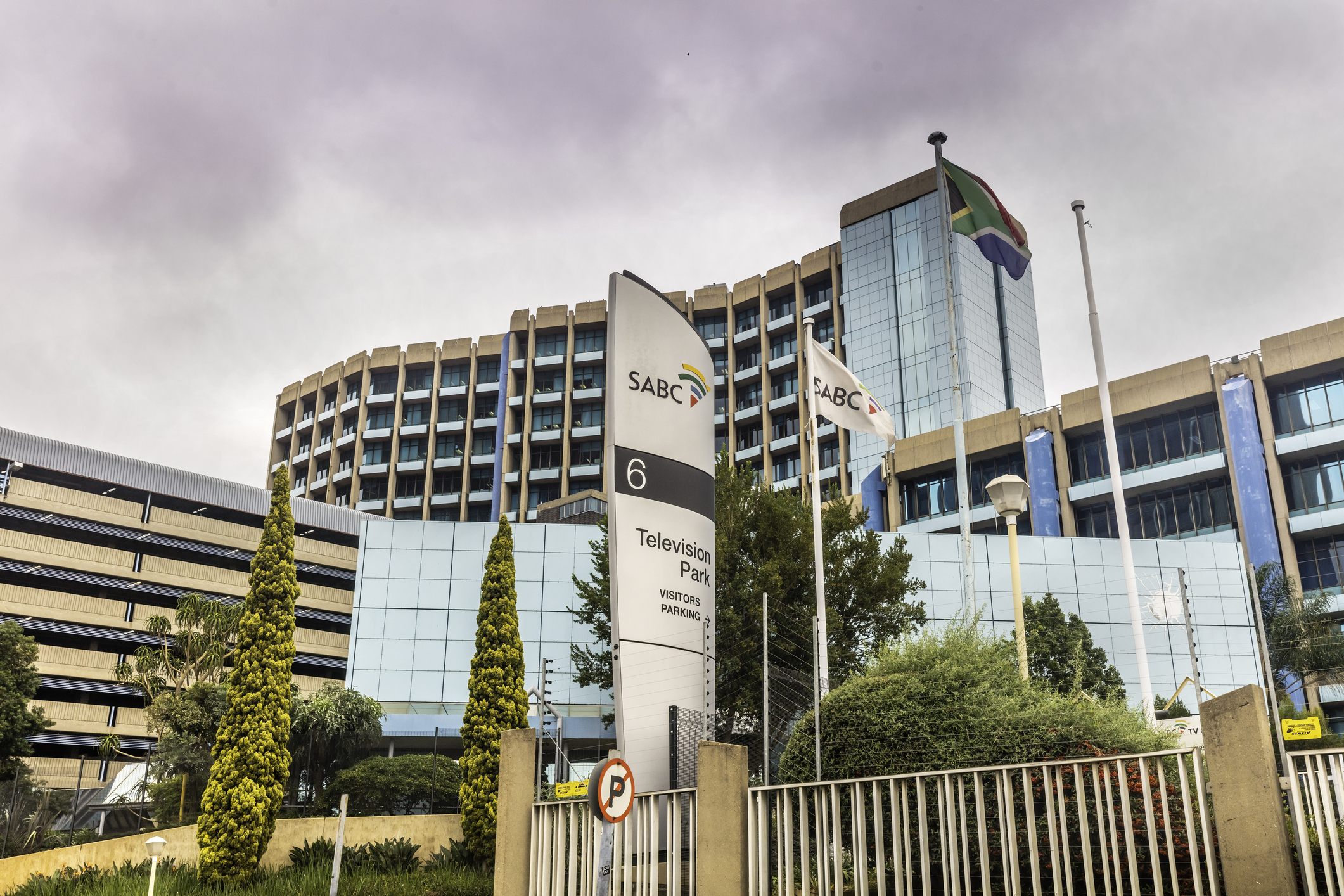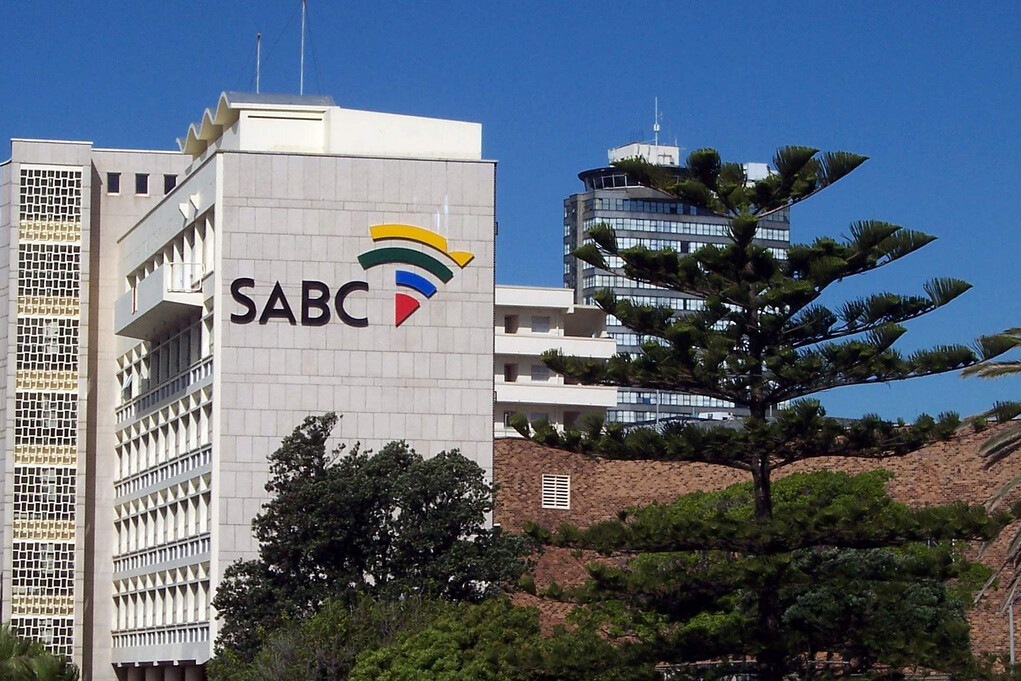With an ongoing debt crisis, an investigation into state capture and resignation threats, have things gone from bad to worse for South Africa’s public broadcaster?
In the last few months, the Public Media Alliance (PMA) has reported on the debilitating financial difficulties faced by the South African Broadcasting Corporation (SABC), including an inability to pay content and service providers, municipality and utility bills as well as struggling to cover staff salaries. In more recent weeks, the public broadcaster has been investigating cases of editorial independence and poor governance.
Here we report on the latest issues facing the public broadcaster.
A government bailout?
As the SABC attempts to navigate its way through ‘crippling’ debt, it has been revealed that its financial situation has worsened further, having ‘ended the financial year at the end of March 2019 with a cash balance of only R72m’, according to Times Live.
At the end of August this year, the public broadcaster sent a proposal to Communications Minister, Stella Ndabeni-Abrahams, to increase TV license fees as a means of alleviating some of their financial burdens. The public broadcaster has also struggled with a lack of compliance from viewers, with only 27.8% paying the license fee. SABC board chairperson, Bonamisa Makhatini, explained that there have been ‘eight increases in 24 years’ and that if more increases were to incur, the public broadcaster would need to produce content that was ‘attractive and compelling.’
Fortunately, the government announced that SABC will receive the 3.2 Billion Rand government bailout which had been requested of them to recapitalise the organisation. The financial support will only be provided on the basis that the SABC meet several pre-conditions, as addressed within a letter sent by the Communications Ministry and National Treasury to the SABC board. These preconditions include conducting an in-depth investigation into the causes of its financial crisis and providing a list of cost-cutting initiatives and their turnaround strategy, among others.
The public broadcaster’s Group Chief Executive Officer was quoted on the government bailout, saying, “We have been working very closely with Government Technical Advisory Centre (G-Tech) to look at all the pre-conditions that have been highlighted.”
Finance Minister, Tito Mboweni, announced, however, that the public broadcaster has so far only met three of the seven preconditions he set upon them, therefore it will not be receiving the full bailout as of yet.
At the time of writing, the SABC has so far refused to comment on the financial bailout, instead suggesting that the Department of Communications was ‘better placed’ to speak publicly about it.
State capture inquiry
A commission set up to investigate allegations of State Capture of several public bodies in South Africa by figures such as the former President, Jacob Zuma, and the Gupta family – an Indian family which moved to South Africa after the Apatheid and known for their controversial business interests and investments in the country – has been ongoing. The inquiry has widened its focus into the governance and editorial interference of the SABC.
The state capture of SABC allegedly began when former SABC COO, Hlaudi Motsoeneng, gave orders to ban the coverage of protest action before the 2016 elections, according to an ”SABC 8” journalist who spoke to the commission at the state capture inquiry. The commission has also heard from another SABC 8 journalist about editorial interference in the public broadcaster, who was given directives in 2014 under Motsoeneng to not report on any activity of the Economic Freedom Fighters (EFF) party, a far-left political party.
The ‘SABC 8’ refers to the eight journalists who spoke out against the censorship of protest footage and were asked to leave the public broadcaster. They are currently being paid the remainder of their salary due to contractual obligations. They include Busisiwe Ntuli, Foeta Krige, Jacques Steenkamp, Krivani Pillay, Lukhanyo Calata, Suna Venter, Thandeka Gqubule and Vuyo Mvoko.
Testifying at the state capture inquiry, Motsoeneng has denied any wrongdoing for discouraging the protest coverage, suggesting that he did not have intentions to ban the coverage but also did not want to dramatise any violence captured on camera. Meanwhile, regarding allegations of irregular expenditure, Motsoeneng reasons that these were for ‘the benefit of the organisation.’
The commission has also been looking into how the Gupta family accessed archival material and funds from the public broadcaster.
According to Times Live, the inquiry has already cost the country more than R350m. The hearing continues.
Disciplinary cases
In a statement published by the public broadcaster itself, it revealed that it is currently dealing with 186 disciplinary cases, which have accumulated over several years. Wrongdoings include ‘‘fraud, mismanagement, sexual harassment, editorial interference and irregular appointments and salary increases.’
Three SABC executives have also threatened to resign in light of the interference that they claim they have experienced from two SABC board members. They sent a letter to the board outlining examples of ‘meddling’, which include board members’ editorial interference in the news department and being unprepared for meetings.
A spokesperson for the public broadcaster has been quoted saying, “The corporation also wants to put on record that the disciplinary processes will be implemented regardless of rank or tenure and are not meant to purge anyone. It’s the responsibility of the leadership team to stabilise the SABC and strengthen governance and ensure that the integrity of the institution is restored.”
Other news
- Sylvia Tladi has been appointed as Acting Chief Operations Officer (COO) with immediate effect to take over from outgoing Craig van Rooyen.
- Three permanent staff members and one freelancer have been suspended due to preliminary investigations taking place into their alleged ‘sabotage’ of the public broadcaster when they aired the wrong clip of President Ramphosa’s address to the nation on gender violence and xenophobic attacks.
- SABC has confirmed that it will not be broadcasting the Rugby World Cup due to an inability to reach an agreement with third parties on radio rights as well as forecasting no returns on investment.
The links above are to original stories, which are not produced by PMA. ‘Focus on PSM’ brings together stories from regions experiencing periods of heightened debate about the role of public media, media independence and media freedom. PMA does not necessarily endorse these stories nor do they necessarily reflect the view of PMA.
Header Image: South African Broadcast Corporation (SABC) Television Park in Auckland Park, Johannesburg. Credit: THEGIFT777/iStock

